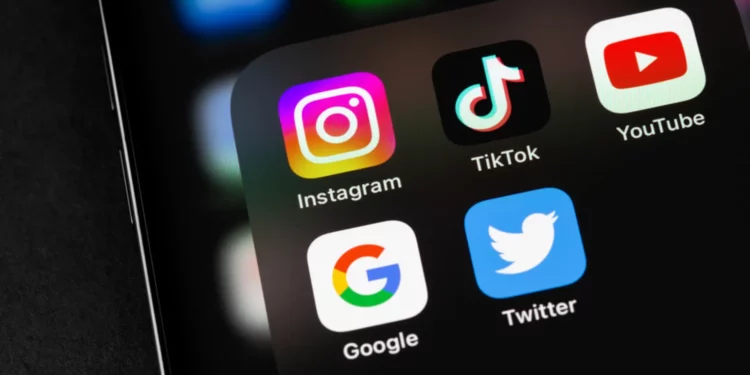Australia passed a law requiring US tech companies to pay media companies for the links that attract readers and give ad revenue for their platforms.
Digital platforms will be forced to pay Australian news providers regardless of whether they enter new deals with publishers, preventing companies like Meta from getting around news media bargaining code.
Under the proposed new law, any digital platform that refuses to bargain with publishers or removes news from its platform, as Facebook did in Canada, will still need to pay.
In 2021, Australia passed a law requiring US tech companies like Google and Meta to pay media companies for the links that attract readers and give ad revenue for their platforms. The government had the authority to pass the fees if the negotiations did not succeed.
Meta has signed agreements with many Australian media firms, including News Corp and national broadcaster Australian Broadcasting Corp., but it stated that it would not extend those deals beyond 2024.
Meta, the owner of Instagram, Threads, and WhatsApp, has reduced the news and political content it promoted to increase traffic. Meta states that Facebook will stop promoting news in Australia since the links only make up a small portion of the user feed.
After Australia announced the regulation, Michael Miller, the Executive Chairman of News Corp Australia, expressed that he wanted to reach out to Meta and TikTok to establish a commercial partnership with News Corp Australia.
He added that the partnership should benefit both the news publishers and digital platforms, both commercially and in broader aspects.
The new regulations will benefit Australian news companies like Rupert Murdoch’s News Corp.
The government does not want revenue through this as the fee will be higher than what the digital platform would owe under direct deals, thus encouraging them to pay directly to the publishers instead of the government.
The new model will require digital platforms generating over $250 million in Australian revenue, like Meta, Bytedance (TikTok), and Google should either pay a fixed charge or form direct agreements.
While the government can ensure sufficient money gets transferred from the platforms to news publishers globally, the new model would still harm smaller publishers if the platform fully regulates their liability by dealing with large publishers.
Once it is legislated, the payment requirements will be backdated to January 2025, and revenue from an agreement made after the date will also qualify for offsets.
A consultation will happen in 2025 to discuss the fees and distribution mechanism if the platforms pay the government instead of negotiating deals with the news companies.
A Meta representative finds shortcomings with the current law since nobody comes to Facebook to read news.
The news media bargaining code was created in 2021 to solve the disparity in the bargaining power between digital platforms and news publishers.
This code saw that digital platforms like Meta and Google inject $200 million into Australian media, which have faced disruptions due to high demand for digital platforms.
Assistant Treasurer and Minister for Financial Services Stephen Jones remarked that the government wants Australians to have access to high-quality news through digital platforms.
Since digital platforms gain financial advantages in Australia, they should also bear the social and economic responsibility to support good quality journalism for the people.
The initiative strengthens the existing code by closing the loopholes that allow digital platforms to escape from the responsibility of paying.
In October, the Parliamentary Joint Select Committee on Social Media and Australian Society recommended creating a levy for digital platforms, like Meta and Google, to fund public interest journalism.
News Corp Australia’s executive chair, Michael Miller, states that this fund would help rebuild the industry after losing 1000 jobs during the year.
Seven West Media’s managing director and chief executive, Jeff Howard, states that an improved News Bargaining incentive will ensure that the news is credible and solve the growing issue of misinformation and disinformation.
The independent publication Man of Many emphasized that the legislation should ensure fair assistance for independent media outlets.

















